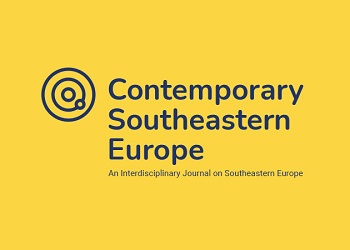The Vulnerability of Hope and Optimism: Reflecting on Turkey’s 2023 Elections. Election Analysis
The Vulnerability of Hope and Optimism: Reflecting on Turkey’s 2023 Elections. Election Analysis
Author(s): Derya ÖzkayaSubject(s): Government/Political systems, Electoral systems, Crowd Psychology: Mass phenomena and political interactions, Sociology of Politics
Published by: Universität Graz
Keywords: hope; optimism; electoral alliances; opposition; Turkey;
Summary/Abstract: In May, Turkey held one of the most consequential elections in its recent history. The vote took place amid a deepening economic crisis, one of the deadliest earthquakes of the last century, and an expanded realm of oppression targeting almost all fields of social and political life. What made the elections of May 2023 more contested than their predecessors was that it was the first time in the last two decades, President Recep Tayyip Erdoğan and his ruling Justice and Development Party (Adalet ve Kalkınma Partisi, AKP) were not viewed as the clear favorites. Motivated by the collective sense of urgency to hand the ruling government an electoral defeat, along with a strong desire for constructing a more democratic republican regime for the centennial, broad but oftentimes disparate alliances were constructed in an effort to oust. While expectations ran high, with the political opposition brimming with unbridled hopes and optimism leading up to the parliamentary and presidential elections on May 14, Erdoğan defeated his two challengers Kemal Kılıçdaroğlu and Sinan Oğan with a slim margin (49.5 percent), but could not avoid a second round. The country trudged to the polls again on May 28 for a run-off election, which resulted in a victory for Erdoğan and a secured third term as president. Though the presidential elections garnered widespread attention from the public, media, and international observers, the parliamentary elections also held significant implications for Turkey’s politics. Erdoğan’s AKP saw a decline in vote share, but their governing coalition strengthened with support from far-right, nationalist, and Islamist parties. This coalition protected AKP’s parliamentary majority, retaining 322 out of 600 seats. On the other hand, the opposition parties performed below expectations, only securing 35 percent of the parliamentary vote.
Journal: Contemporary Southeastern Europe
- Issue Year: 10/2023
- Issue No: 1
- Page Range: 62-72
- Page Count: 12
- Language: English

